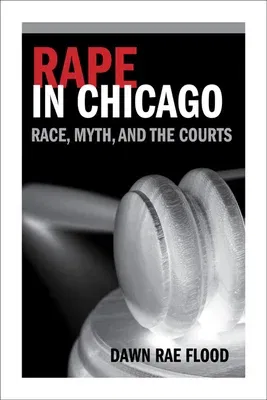Dawn Rae Flood
(Author)Rape in Chicago: Race, Myth, and the CourtsHardcover, 30 May 2012

Qty
1
Turbo
Ships in 2 - 3 days
In Stock
Free Delivery
Cash on Delivery
15 Days
Free Returns
Secure Checkout

Part of Series
Women, Gender, and Sexuality in American History
Part of Series
Women in American History
Print Length
272 pages
Language
English
Publisher
University of Illinois Press
Date Published
30 May 2012
ISBN-10
0252036891
ISBN-13
9780252036897
Description
Product Details
Author:
Book Format:
Hardcover
Country of Origin:
US
Date Published:
30 May 2012
Dimensions:
23.11 x
15.49 x
2.54 cm
ISBN-10:
0252036891
ISBN-13:
9780252036897
Language:
English
Location:
Urbana-Champaign, IL
Pages:
272
Publisher:
Weight:
498.95 gm